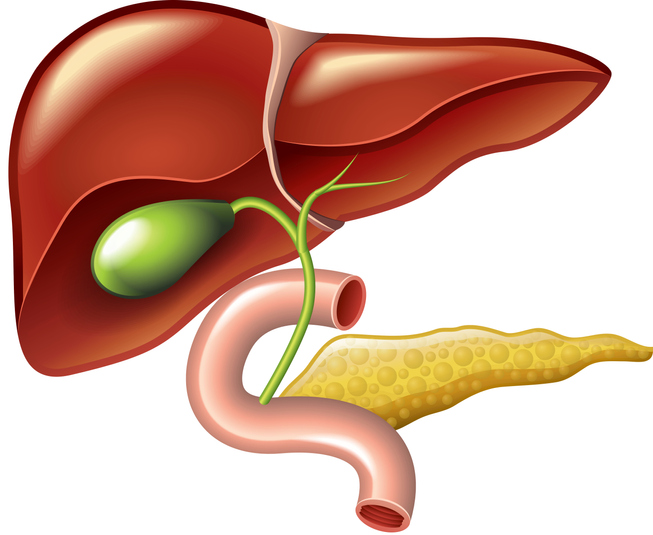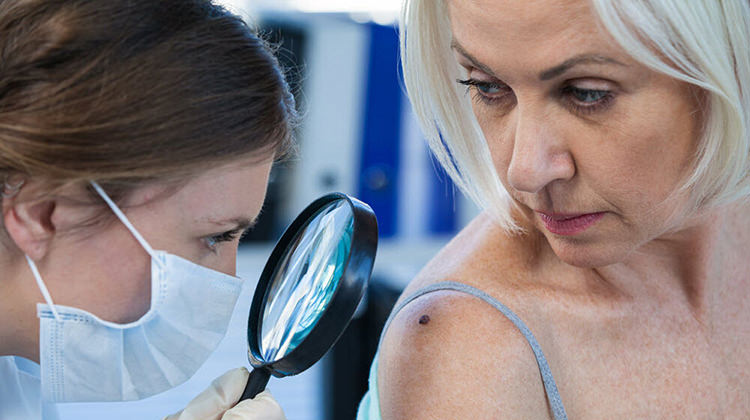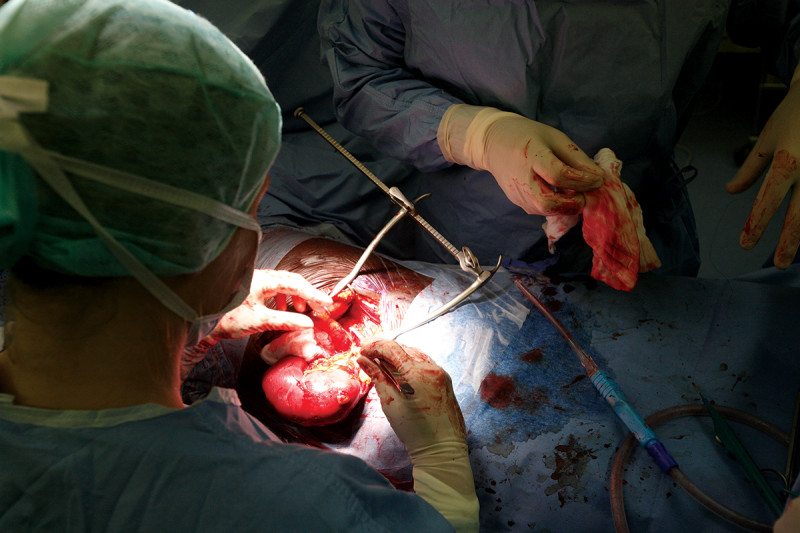Loading
“Rep. Raja Krishnamoorthi, the Chairman of the Subcommittee on Economic and Consumer Policy, and Rep. Michael Cloud, the Ranking Member of the Subcommittee on Economic and Consumer Policy, will hold a virtual hearing to examine the nation’s system for securing organs for transplant for patients suffering from organ failure.
More than 107,000 patients in the United States are waiting for an organ for transplant. Every day, an estimated 33 people in the United States die while waiting for their transplant. Hundreds of thousands more are on kidney dialysis and could benefit from a kidney transplant but are not even on a waitlist. The number of available organs for transplant does not meet this critical need. For the past four years, on average only 37,500 organs were transplanted annually, including around 31,000 organs from deceased donors and 6,500 organs from living donors.
Recently, the Centers for Medicare and Medicaid Services finalized an OPO reform rule that it estimates will increase transplants by 5,600 to 7,300 per year. Unfortunately, the rule will not be enforced until 2026, while patients continue to suffer.
This hearing will highlight the urgent need to take immediate action to reform OPOs and obtain more organs for transplant, while uplifting patient voices and underscoring racial, geographic, and socioeconomic inequities in organ donation and transplant processes.”
You can watch the full hearing, here.
Loading








